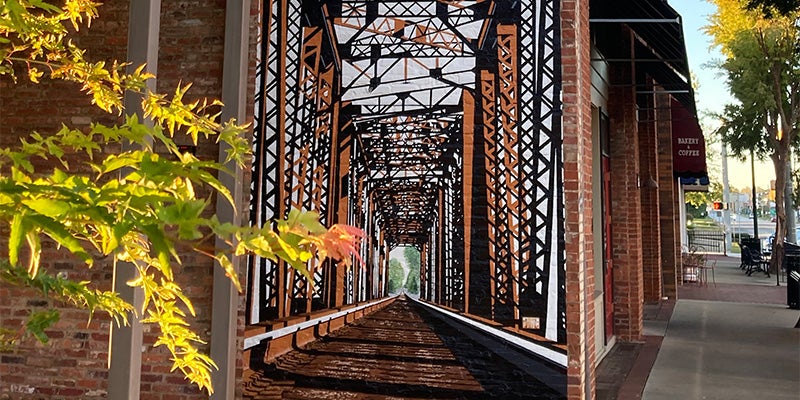Suicide, the silent killer
Published 6:01 pm Tuesday, September 3, 2019
Ever since I was a youth, the idea of someone completing suicide seemed both scary and foreign. Scary because I simply didn’t understand how someone could feel so sad that they would be willing to take their own life, and foreign because it “just wasn’t addressed or talked about.” I grew up understanding that a death by suicide was “taboo” and that it wasn’t something people wanted to talk about, shame surrounding them in shadows and darkness.
And, because I knew of several families who experienced the death of a family member in this fashion, I witnessed firsthand how people retreated into their grief and closed the doors on anyone attempting to support them.
From those left behind, I can emphatically say that a level of guilt starts to permeate the circles of those that knew and loved the deceased. People wonder and ask aloud what they could have missed or what they could have done differently, and in most cases, there was absolutely nothing because the “neon signs asking for help” were simply absent.
That is what makes suicide so scary and why it is so very important to have more conversations and discussions about today’s social pressures and expectations.
Why am I addressing these things? Because the concept of suicide being a “taboo” subject needs to change, and with September being “suicide awareness” month, perhaps we can all do our part to try and address this epidemic that is touching the lives of those around us.
As a grief counselor, I am privy to more than most about death and how it occurs.
Most just read an obituary and wonder what happened, while others are touched more personally and are still retreating from the public, unable to admit to others that their loved one completed suicide.
Mental Health issues are increasing at alarming rates and seeing the pressures that social media are placing on our kids and our families is clearly upsetting.
I’ve seen the aftermath, I’ve worked with those left behind and believe me, it is devastating.
So what can we do? We can work towards being more vigilant and watch for warning signs (I know, sometimes they are not there).
We can offer instructional material, hold informative sessions and talk more with one another.
The thing is, suicide should never be silenced- not anymore, not when we have the capability to bring it to the table and up for discussion.
Hurting? Depressed? Lost? Tell someone — reach out and ask for help — your voice will assist others in making sure that “Suicide” is a subject we need to be more cognizant of and proactive in addressing.



